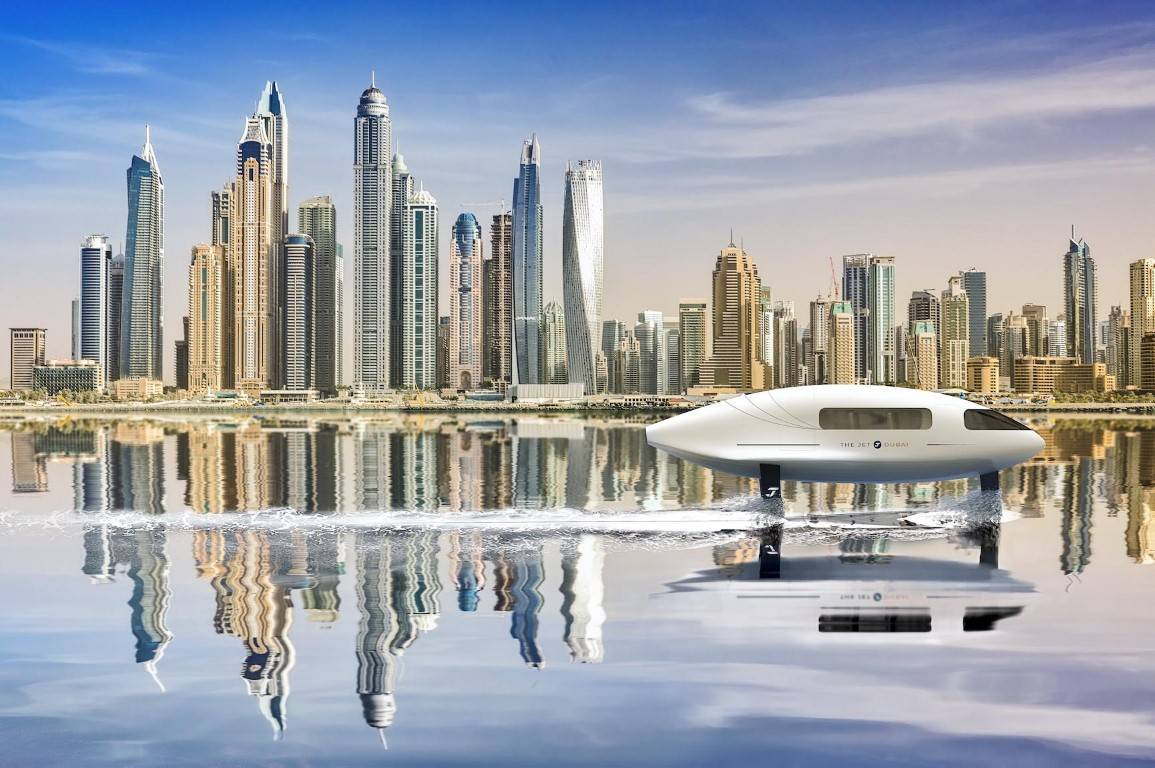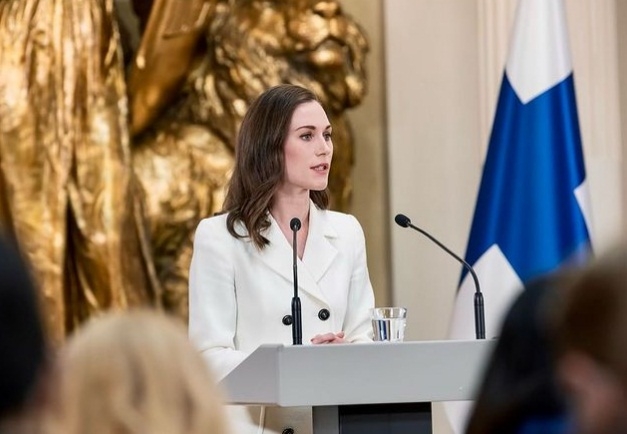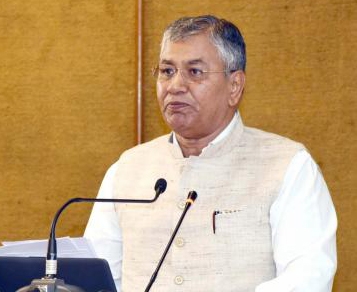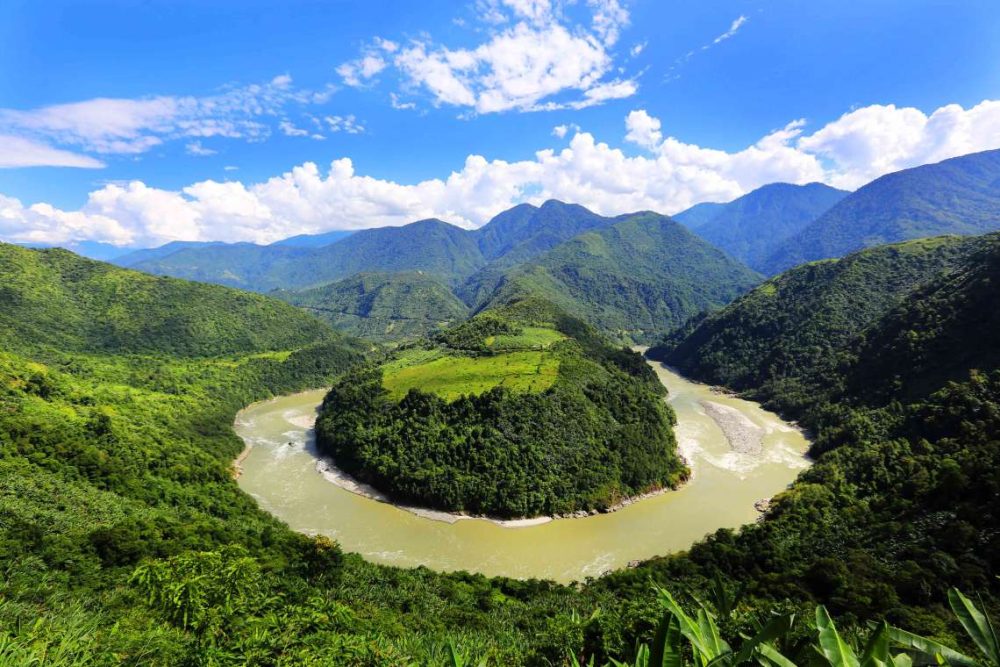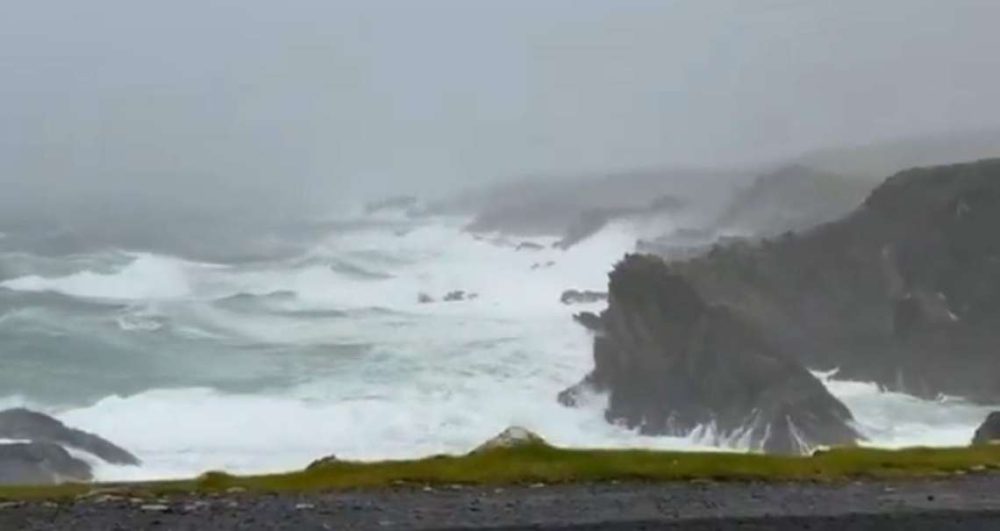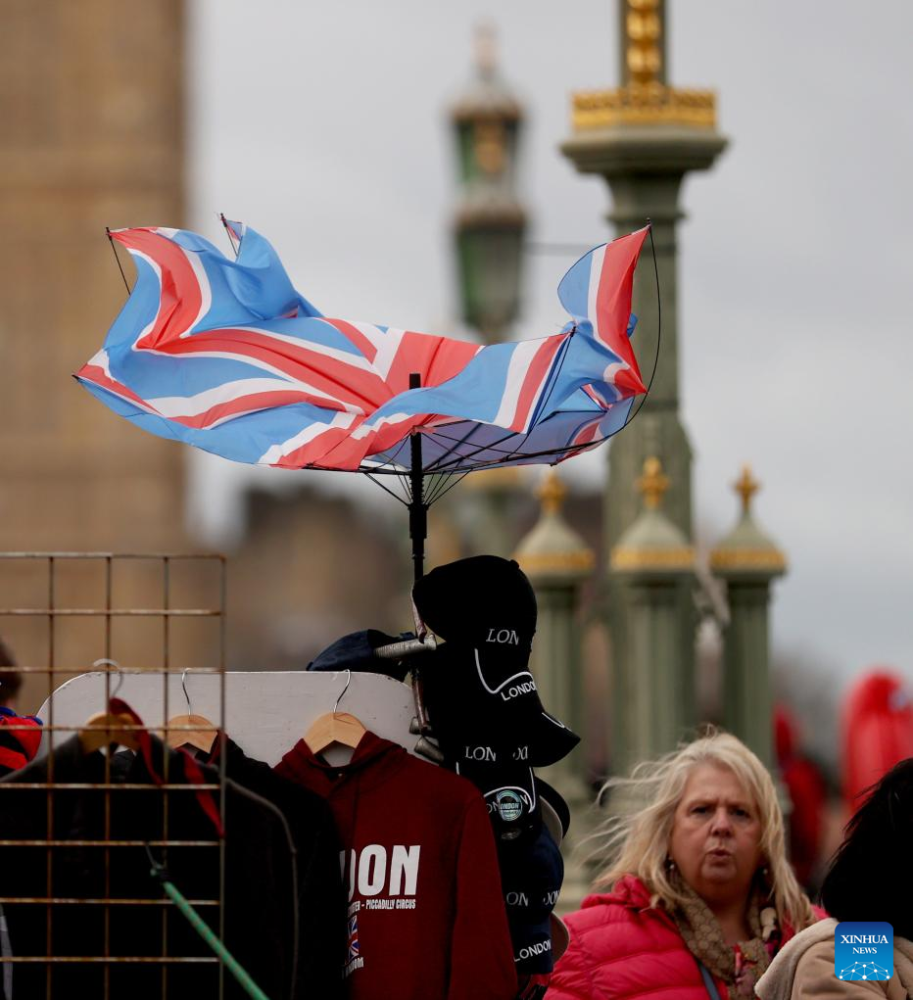The climate crisis also brings together communities as we all struggle with its impacts. It threatens all of humanity, all faiths, and all cultures. If we do not work together, we cannot adapt or prevent the destruction…writes Afzal Khan MP
Islam is inherently environmental. Harmony and balance in the natural world is central to our Muslim faith. It is our duty to conserve nature and the Earth deserves respect and care. Nationally and internationally, we are seeing Muslim environmentalists and campaigners highlight how Muslims can make a positive impact by putting the environment at the centre of their faith.
The impact of the climate crisis is being felt across the globe. We have seen unprecedented fires, devastating droughts, life-threatening heatwaves, and catastrophic flooding. But most of the impact of climate change is felt by the world’s poorest countries. Those who contribute the least to global carbon emissions, and including much of the Muslim world. In Pakistan, a country close to my own heart, faced devastation last year from floods over an area larger than the United Kingdom. Over 1,000 people died, and 33 million lives were turned upside down in hours, displaced from their homes by a climate disaster.
We are all responsible for our own actions. Although we must hold governments and corporations accountable, we are all khalifah (stewards) of the Earth. “Thus We have made you trustees on the earth after them, to see how you would act.”[Qur’an 10:14]. Allah (swt) allows us the use of nature, but expects us to be responsible for balance and sustainability.
Kalifah is not a concept unique to Islam. We see this variations on natural stewardship across different faiths, including Christianity and Judaism. Together, being of faith means caring: caring for people and caring for the planet. Our faith and values are a tool that allow us to achieve a goal towards a common cause.
Our faith is not the only thing to bring us together. The climate crisis also brings together communities as we all struggle with its impacts. It threatens all of humanity, all faiths, and all cultures. If we do not work together, we cannot adapt or prevent the destruction.
There are many ways we can become better climate activists using our faith. But, the overarching theme is remembering balance (Mizan). The Qur’an says, “O Children of Adam, dress well whenever you are at worship, and eat and drink [as We have permitted] but do not be extravagant (Mizan): God does not like extravagant people.” [Quran 7:31] This is a reminder that we should act in moderation and with balance. When considering the environment, we must avoid excess waste, pollution, or environmental destruction. This is particularly important to remember as we near the end of Ramadan and may consider items or gifts that are unnecessary or extravagant for Eid al-Fitr. This was reflected by Prophet Muhammed (PBUH) in his own actions, during ablution (wudu) he used limited water, and he spoke of why we do not waste water, even if at a running stream.
During this holy month of Ramadan, I am proud to see so many Muslims across the world engaged and ready to make change. I am delighted to work with climate activist Zehra Abbas to mobilise communities in the UK, Palestine, Canada, Lebanon, Malaysia, Cyprus, Bangladesh and more to coordinate ‘green’ iftars in each country.

Each of these iftars have the aim to have the same programme, so all attendees can discuss the importance of climate action. These events are free or low-cost, interfaith, plant-based, and zero-waste and in[EY1] many of the events, the food is what Prophet Muhammad (PBUH), had noted as some of his favourites. This includes foods such as barley, dates, and pomegranates, which in most regions has little carbon footprint. The food is purchased with no plastic packaging wherever possible, attendees are encouraged to bring their own cutlery and plates, as well as no food waste being produced. There are guest speakers at the event who speak on the importance of interfaith work, what zero-waste is and how we can all do it, stewardship in Islam, and animal rights in Islam. Attendees are encouraged to walk, cycle, or rideshare to the event to reduce their own carbon footprint and wasteful decorations are excluded, opting instead for natural décor. A zero-waste event can be seen as daunting, but instead it is scaling down what many would consider to be the norm.
During Ramadan, I know myself and many others reflect. We reflect on what we do and how we can be better Muslims and community members. This is why during Ramadan I attend many interfaith iftars – it is a way to break down barriers in our community and talk about our shared goals. It is also important for me to reflect on the principles and key messages of Islam, such as Mizan and Khalifah, with those around me.
As a Muslim, I consider my faith to be part of who I am. My values and beliefs stem from by belief in Allah (swt) which Qu’ran teachers me how to put into practice. This is why I am passionate about action against the climate crisis, and I want to do all I can to improve our planet for our generation and future generations. When nature thrives, we all thrive – I hope together as Muslims and the wider community we will continue to come together on this global movement.
(The writer is Shadow Minister for Legal Aid of the United Kingdom)


